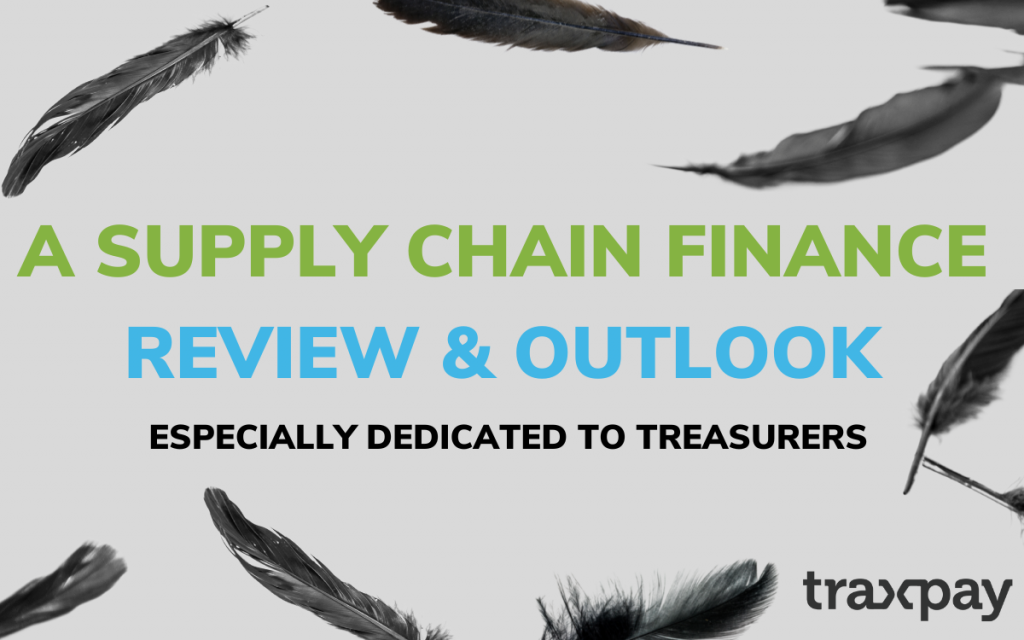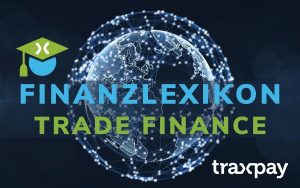The year 2022 was marked by “Black Swan events” such as the Corona pandemic, the climate crisis, and the war in Ukraine and resulting developments. More than ever, the importance of resilient supply and value chains became clear. Supply chain finance was and is a very important building block to ensure sustainable and diversified (international) value creation.
Various significant initiatives, such as ITFA’s (International Trade & Forfaiting Association) Digital Transferable Instruments (DNI) initiative, have been successfully advanced. An important building block is the ratification of UNCITRAL’s Model Law for Electronic Transferable Records (MLETR), by the UK Electronic Trade Documents Bill, which will be a quantum leap for the digitization of world trade. We see already a number of practical use cases for new supply chain finance tools. This will give treasurers more flexibility and extend the reach of working capital tools to ensure the availability of sufficient liquidity at all times and to reduce risks.
In order for companies to take full advantage of these digitalization developments, banks and insurance companies in particular should embrace the new technologies and cooperate with fintech companies.
Powerful supply chain finance tools are based on a “triple A” concept:
- applicable global legal frameworks
- automation
- absolute cyber security
High-performance encryption technology is used to ensure secure creation and transmission of electronic documents. However, with the advent of quantum computers, encryption technologies based on mathematical algorithms, as in the past, will lose their effectiveness. Fortunately, a new technology is available: Quantum-safe encryption.
What new developments will the year 2023 bring?
Centralized, proprietary platforms will no longer meet the requirements and possibilities of digital processes and financial instruments. This is because in a centralized model, an Electronic Transferable Record (ETR) is only valid within its specific system, which means that each recipient of an ETR must be a member of that platform to receive, use and transfer the ETR. Decentralization, represented by Distributed Ledger Technology (DLT), is a further development of this platform-based approach. In this approach, digital originals are valid across institutions and platforms, and ownership of the ETR can be transferred through any electronic channel. For the first time, there is now an automated digital interaction between the physical supply chain and the financial supply chain. IOT devices can trigger the creation and transfer of ownership of ETR/Digital Negotiable Instruments.
What does all this mean for treasurers?
The ratification of MLETR in the UK will drive the digitization of the physical and financial supply chain. Other countries such as France and Germany will follow. Commonwealth members in particular will be the first to benefit from this development, as around 80% of shipping documents and 60% of trade finance contracts are already based on UK law. This will make value creation processes faster, safer and more flexible. Treasurers will gain access to a wide range of (new) supply chain financing instruments. Thus, transactional liquidity protection will become more important. Treasurers should therefore familiarize themselves with Digital Negotiable Instruments and, together with their colleagues from procurement, define strategies on how they can benefit from the developments of digitization in order to increase the resilience of their supply chains and secure liquidity along the value chain.




